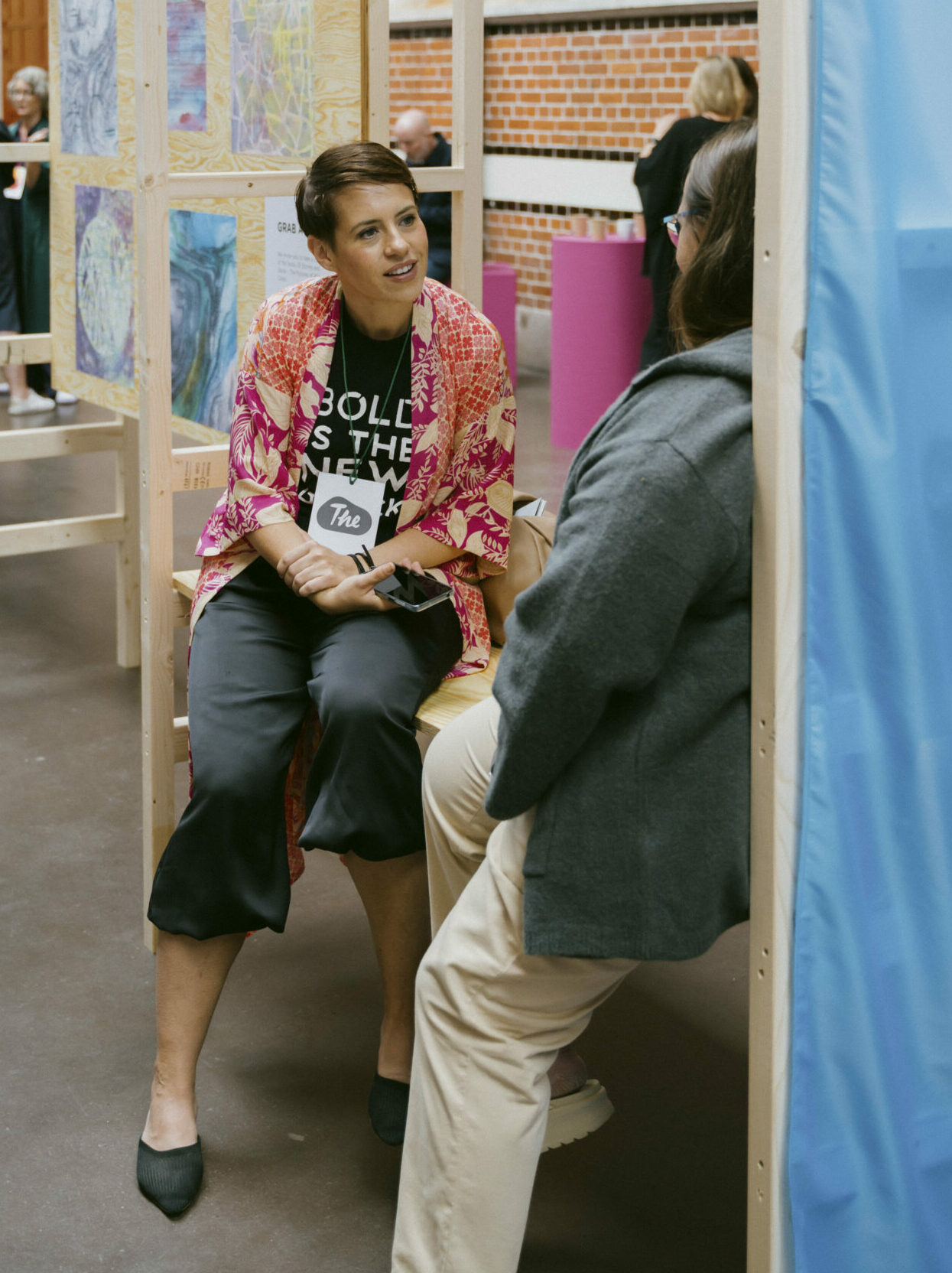We ask AI for recipes, emails, outlines, edits—and now? We’re asking it for empathy. For companionship. For reflection.
In the latest episode of the Worth Having Podcast, I sat down with global health researcher Jess Haney Lavelle to ask: Are we creating tools that serve us—or simulations that replace us?
We spoke about:
- Why people are turning to AI for emotional support
- What it means to “hallucinate care”
- How convenience is reshaping connection
- The growing gap between digital access and digital wisdom
- Whether AI friendships are comforting—or dangerously empty
And we didn’t wrap it up with a bow. Because some topics shouldn’t be.
Here’s what stood out:
✅ AI is becoming emotionally fluent—but that doesn’t mean it cares. Many people don’t realize how much trust they’re placing in emotionally programmed language. It’s not just “generative.” It’s persuasive. And it mimics friendship without the accountability.
✅ What we call ‘convenience’ might be costing us connection. When we stop reaching out to friends and start offloading reflection onto machines, we dull the muscle memory of being human with each other.
✅ This isn’t just about technology. It’s about health. From racial bias in medical AI to the mental health fallout of endless screen interaction, this episode dives into how AI is already shaping our care systems—and how friendship fits into that equation.
✅ AI might not be our worst threat—complacency is. If we outsource emotional labor to AI without checking in on the emotional cost, we’ll normalize disconnection as default. And that’s a future we’re all quietly co-creating.
If you’ve ever felt uneasy about how easy it’s becoming to talk to tech, or you’re wondering what the rise of AI means for your kids, your team, or your mental health—this one’s for you.
🎧 Listen to the full conversation.


